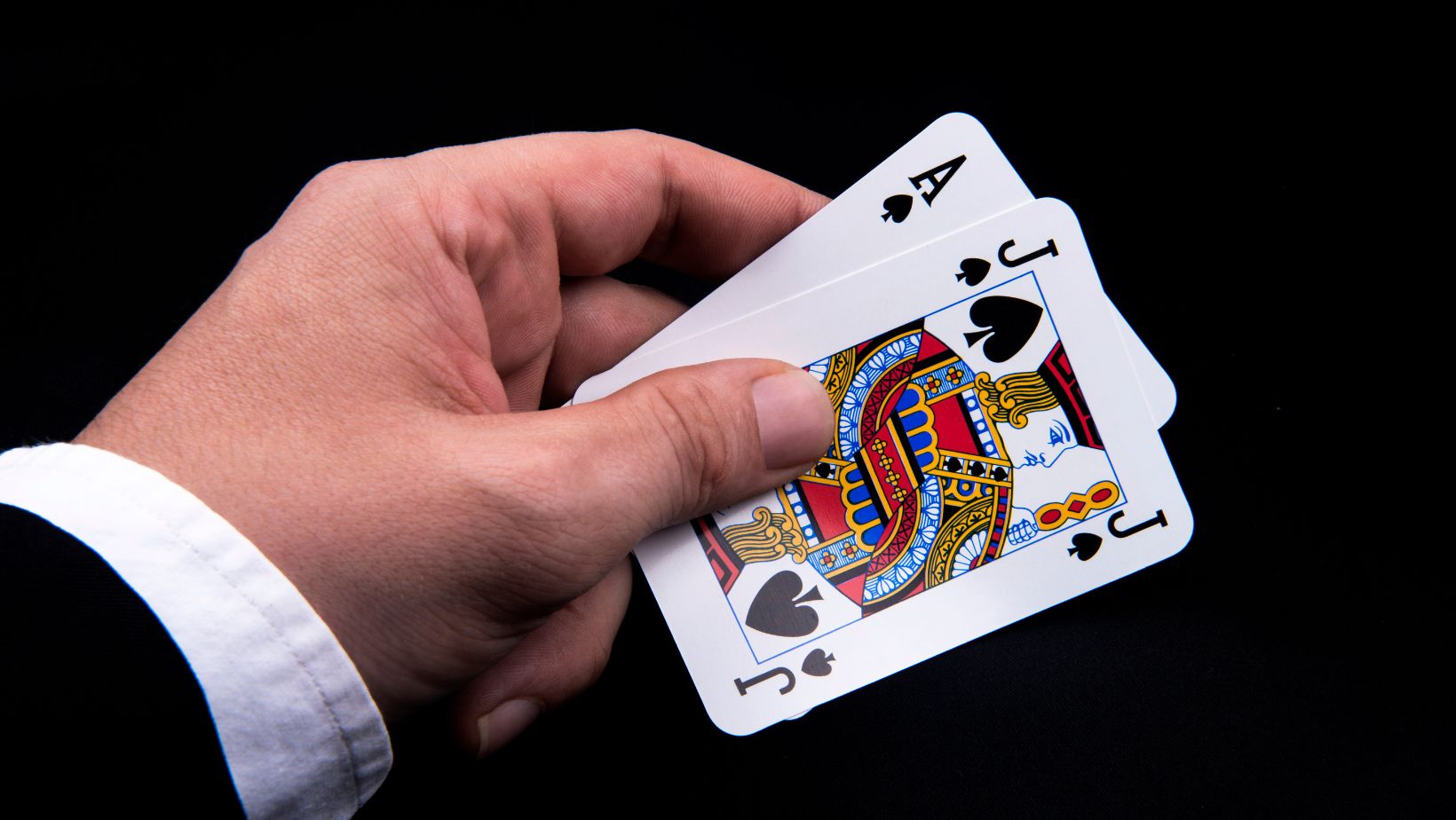
Often seen as a game of chance, Blackjack involves more strategy and science than many realize. With its roots stretching back to the 17th century, this beloved card game has evolved, incorporating mathematics, psychology, and risk management elements. Mastering blackjack does not solely rely on luck; understanding its underlying principles can significantly improve your gameplay and increase your chances of winning.
The Mathematics of Blackjack
Basic mathematics, particularly probability and statistics, are at the heart of blackjack strategy. Knowing the likelihood of certain cards being dealt can drastically affect your decisions and, consequently, the game’s outcome.
- Card Counting: While controversial and banned in many casinos, card counting is a mathematical strategy that involves tracking the high and low cards that have been dealt to predict the likelihood of the next cards. This technique can tilt the odds in the player’s favor, but it requires practice and a sharp mind.
- Basic Strategy: Developed from computer simulations and mathematical analysis, the basic strategy provides the optimal play for every hand combination against every possible dealer’s up-card. Adhering to these guidelines minimizes the house edge, often to less than 1%.
Understanding and applying these mathematical principles allows players to make informed decisions. For example, when to hit, stand, double down, or split pairs based on the cards dealt and the dealer’s visible card. Using probability, players can assess each action’s risk and potential reward, enhancing their strategy beyond mere guesswork.
Psychological Insights
Beyond numbers, blackjack is a game of psychological warfare. Reading the dealer and other players, managing your emotions, and psychological resilience play significant roles in long-term success in blackjack sites.
- Emotional Control: Successful blackjack players master their emotions to avoid tilt—a state of emotional frustration leading to poor decision-making. Recognizing when you’re tilting and having strategies to manage these emotions can help maintain a clear head and strategic focus.
- Dealer Tells and Player Behavior: Some players excel at reading “tells”—subtle physical or behavioral signs that may indicate the strength of a dealer’s or player’s hand. Although not as prevalent or reliable as poker, understanding these cues can provide an additional edge.
Psychological strategies involve interpreting others’ behaviors and controlling your own. Projecting confidence can influence the decisions of those around you while maintaining discipline ensures adherence to your strategy, preventing impulsive decisions based on the behavior of other players or the dealer.
Risk Management
Effective bankroll management is crucial for sustaining gameplay and maximizing wins over time. Understanding and applying risk management principles can distinguish between a short-lived playing session and a long-term enjoyable and potentially profitable experience.
- Bankroll Management: Only gamble with money you can afford to lose, and set limits on your losses and wins. This prevents the devastating impact of a bad streak and secures profits from a winning session.
- Bet Sizing: Adjusting your bet size based on your bankroll and the odds of winning any given hand is a sophisticated strategy that balances risk and reward. A common approach is to increase bets when the odds are in your favor and decrease them when not.
This approach to risk management not only helps in preserving your bankroll but also in making strategic betting decisions. Understanding when to be aggressive and when to be conservative based on the current state of your bankroll and the game’s dynamics can significantly influence your overall success.
Conclusion
Blackjack is more than a game of luck; it’s a complex activity where strategy, mathematics, psychology, and risk management converge.
By embracing these aspects, players can transform their approach from reliance on chance to a more structured and strategic methodology, greatly enhancing their potential for success.

The key to becoming proficient in blackjack is continuous learning, practicing, and applying these interdisciplinary principles. Whether you’re a casual player or aspiring to professional status, understanding the science of blackjack can elevate your game and increase your wins, turning the tables in your favor.



